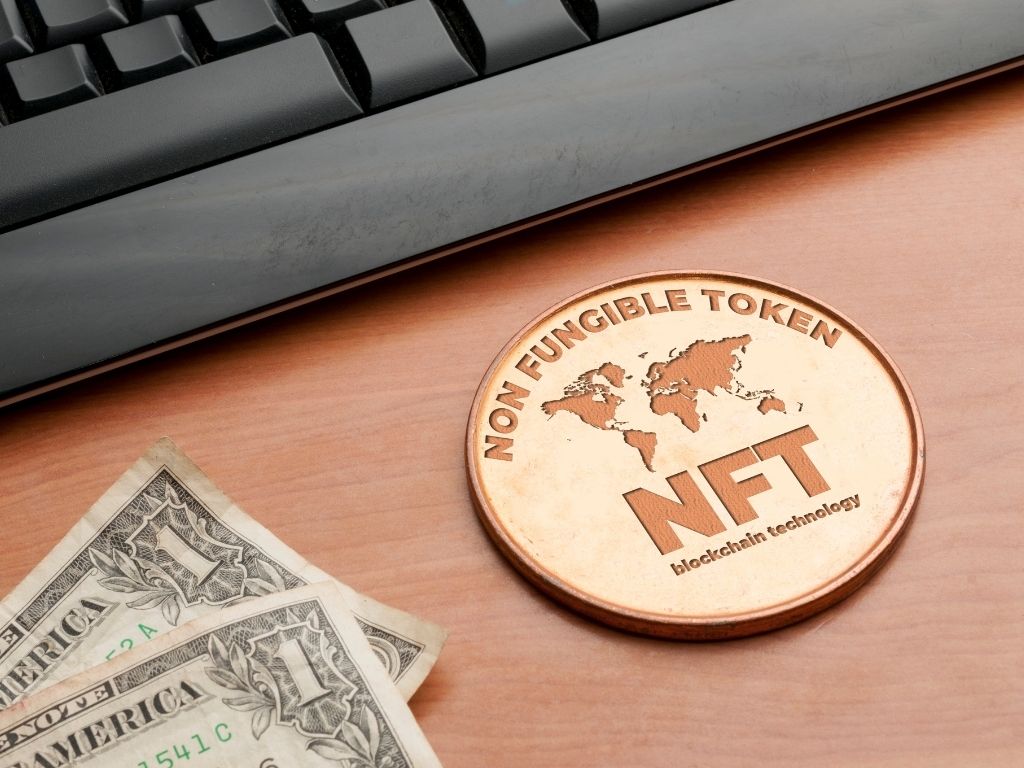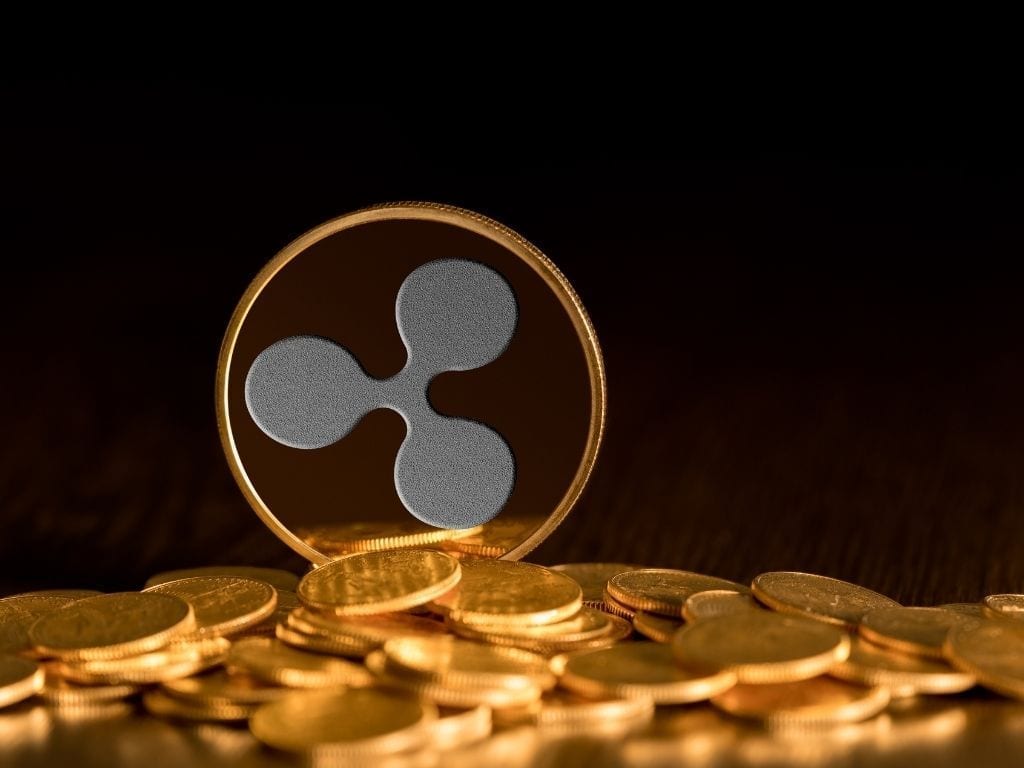Real Estate Tokenization: How The Amazing Blockchain is Revolutionizing Property Investment in 2024
The world of real estate has long been characterized by a combination of high entry costs, limited liquidity, and a web of intermediaries. This complex and often opaque market has historically been difficult for many people to access, leaving a vast majority of the population out of lucrative property investments. However, the year 2024 has ushered in a transformative innovation — blockchain technology, which is now enabling the tokenization of real estate. Tokenization is revolutionizing the property investment landscape by democratizing access, increasing liquidity, and reducing transaction inefficiencies. This article will explore how blockchain is reshaping the real estate sector, the benefits of tokenization, and its implications for investors, property owners, and the future of the market.
What Is Real Estate Tokenization?
Real estate tokenization refers to the process of converting the ownership rights of a property into digital tokens that are stored on a blockchain. These tokens represent a fractional ownership in a real-world asset, such as a residential or commercial property. Investors can purchase these tokens to own a share of the property, and their ownership is recorded on a blockchain, ensuring transparency, security, and efficiency.
In simpler terms, tokenization breaks down a large real estate asset into smaller, tradable units, which can be bought and sold on blockchain platforms. The concept is similar to how a company’s stock is divided into shares that can be traded on stock exchanges. By leveraging blockchain technology, tokenization opens up new avenues for investment, allowing individuals to own a fraction of high-value properties, which was previously inaccessible to many due to financial constraints.
Also, read – Top 10 Amazing Ways To Make Digital Users Feel Secure About Their Crypto Assets
How Blockchain Facilitates Tokenization
Blockchain technology provides the backbone for tokenized real estate investments. It enables the secure, transparent, and decentralized management of property ownership. Here’s how blockchain plays a critical role in the tokenization process:
- Smart Contracts: Smart contracts are self-executing contracts with the terms of the agreement directly written into code. These contracts are deployed on a blockchain and automatically enforce the terms of the agreement without the need for intermediaries. In real estate, smart contracts can be used to manage ownership transfers, rental agreements, and revenue distribution to token holders.
- Immutable Ledger: Blockchain provides an immutable, tamper-proof ledger of all transactions. Once a transaction is recorded, it cannot be altered or deleted, ensuring the authenticity of property ownership and transaction history. This reduces the risk of fraud, title disputes, and double selling of assets.
- Fractional Ownership: Through tokenization, a single property can be divided into hundreds or thousands of tokens, allowing investors to purchase as little as 1% or 2% of a property. This fractional ownership model makes it easier for individuals to diversify their real estate investments by buying smaller stakes in multiple properties rather than investing all their capital in a single property.
- Global Access: Blockchain is decentralized and operates across borders, enabling global participation in real estate investments. Investors from different parts of the world can invest in tokenized properties without the need for physical presence or cumbersome legal processes, broadening the pool of potential buyers and enhancing liquidity in the market.
- Reduced Costs and Faster Transactions: By eliminating intermediaries like brokers, lawyers, and banks, blockchain drastically reduces the costs associated with real estate transactions. Additionally, smart contracts speed up the transaction process, reducing the time it takes to transfer ownership and complete the deal.
The Evolution of Real Estate Investment in 2024
In 2024, the adoption of blockchain technology in real estate has gained significant momentum, driven by the need for greater efficiency, transparency, and access in property investment. The traditional real estate market has long been plagued by inefficiencies, including high transaction fees, lengthy settlement times, and limited liquidity. Blockchain and tokenization are addressing these issues, making real estate investment more accessible, transparent, and liquid.
Key Trends Shaping Real Estate Tokenization in 2024
- Increased Institutional Participation: In 2024, institutional investors are increasingly recognizing the benefits of tokenized real estate. Asset managers, pension funds, and family offices are now integrating tokenized real estate into their portfolios as a way to diversify and gain exposure to high-quality assets without the burdens associated with direct property ownership.
- Rising Adoption of Security Token Offerings (STOs): Security Token Offerings (STOs) have emerged as a popular method for tokenizing real estate. Unlike Initial Coin Offerings (ICOs), which were largely unregulated, STOs comply with securities regulations, ensuring that tokenized assets are legally compliant and subject to investor protections. This has contributed to increased trust and confidence in tokenized real estate investments.
- Integration with Decentralized Finance (DeFi): The intersection of real estate tokenization and decentralized finance (DeFi) is gaining traction. DeFi platforms allow token holders to use their real estate tokens as collateral for loans, providing liquidity without the need to sell their assets. This integration offers additional flexibility for investors, enabling them to leverage their property holdings to access financing.
- Emergence of Tokenized Real Estate Marketplaces: In 2024, numerous platforms have emerged that facilitate the buying and selling of tokenized real estate assets. These marketplaces allow investors to browse tokenized properties, conduct due diligence, and trade real estate tokens seamlessly. By providing a user-friendly interface and access to a global pool of investors, these platforms are enhancing the liquidity of tokenized real estate.
Benefits of Tokenizing Real Estate
Tokenizing real estate offers a wide range of benefits for both investors and property owners. These advantages are driving the rapid growth of the tokenized real estate market in 2024.
1. Democratizing Access to Real Estate
One of the most significant benefits of tokenization is that it democratizes access to real estate investments. Traditionally, investing in real estate required a significant amount of capital, making it difficult for small or individual investors to participate. Tokenization lowers the barrier to entry by allowing investors to buy fractional ownership in properties, enabling more people to benefit from real estate appreciation and rental income.
2. Increased Liquidity
Liquidity has always been a challenge in the real estate market. Selling a property can take months, if not years, due to the complexities of property transactions, regulatory requirements, and market conditions. Tokenization enhances liquidity by allowing investors to trade real estate tokens on secondary markets. This creates a more dynamic and flexible market where investors can buy and sell tokens quickly, unlocking the value of their assets without the need for a lengthy property sale process.
3. Transparency and Security
Blockchain’s decentralized and transparent nature ensures that all transactions are recorded on a public ledger. This transparency reduces the risk of fraud and eliminates the need for intermediaries to verify property ownership. Additionally, blockchain’s security features make it nearly impossible for unauthorized parties to alter ownership records, protecting investors from fraud and title disputes.
4. Lower Transaction Costs
Real estate transactions involve various intermediaries, including brokers, banks, and legal professionals, each of whom adds fees to the process. Tokenization reduces the need for these intermediaries, significantly lowering transaction costs. With smart contracts automating key processes, such as ownership transfers and revenue distribution, investors can enjoy a more cost-effective investment experience.
5. Diversification of Portfolios
Tokenization allows investors to diversify their real estate portfolios more effectively. Instead of purchasing a single property, investors can buy fractional ownership in multiple properties across different geographic locations and property types. This diversification reduces risk and provides more stable returns, as the performance of one property may offset the performance of another.
6. Global Investment Opportunities
By removing geographic barriers, tokenized real estate opens up global investment opportunities. Investors can easily purchase tokens representing properties in different countries without the need for complex legal processes or intermediaries. This allows for a more diversified and global approach to real estate investment, giving investors access to high-growth markets that were previously difficult to enter.
Challenges and Considerations
While the tokenization of real estate presents numerous benefits, it also comes with certain challenges and considerations that need to be addressed for widespread adoption.
1. Regulatory Compliance
One of the biggest challenges for real estate tokenization is navigating the regulatory landscape. Securities regulations vary by country, and ensuring compliance with these regulations is essential to protect investors and maintain market integrity. In 2024, many jurisdictions have made significant strides in developing clear regulations for tokenized assets, but regulatory hurdles still exist in certain regions.
2. Market Volatility
Like any other asset class, tokenized real estate is subject to market volatility. While real estate is generally considered a stable investment, the value of real estate tokens can fluctuate based on market conditions, demand, and other factors. Investors should be aware of the potential for price swings and carefully consider their risk tolerance.
3. Technology Integration
Tokenizing real estate requires the integration of blockchain technology with traditional real estate processes. This can be a complex and time-consuming process, particularly for large-scale developments or properties with multiple stakeholders. However, as blockchain technology matures and adoption grows, these challenges are likely to diminish over time.
Future Outlook: The Impact of Real Estate Tokenization in 2024 and Beyond
The tokenization of real estate is set to reshape the global property market in 2024 and beyond. As blockchain technology continues to evolve and regulatory frameworks become more established, the adoption of tokenized real estate is expected to accelerate. Here are some key trends that will shape the future of this market:
- Expansion of Tokenized Property Types: In the coming years, we are likely to see a broader range of property types being tokenized, including residential, commercial, industrial, and even land. This will provide investors with more opportunities to diversify their portfolios and gain exposure to different segments of the real estate market.
- Growth of Secondary Markets: As more platforms and exchanges facilitate the trading of real estate tokens, secondary markets for these assets will continue to grow. This increased liquidity will attract more investors and further enhance the accessibility of real estate investments.
- Integration with the Metaverse: With the rise of virtual worlds and the metaverse, we may see the tokenization of digital real estate assets. Investors could potentially own virtual land or properties in the metaverse, further expanding the definition of real estate and creating new investment opportunities.
Conclusion
In 2024, blockchain technology is revolutionizing real estate investment through tokenization, making the market more accessible, transparent, and liquid. By breaking down high-value properties into smaller, tradable units, tokenization democratizes access to real estate, reduces transaction costs, and increases liquidity. As the market for tokenized real estate continues to grow, it is poised to become a key driver of innovation in the property sector, reshaping the way we invest in and think about real estate. Despite some challenges, the future of tokenized real estate looks promising, offering new opportunities for both seasoned investors and newcomers alike.
Stay informed with daily updates from Blockchain Magazine on Google News. Click here to follow us and mark as favorite: [Blockchain Magazine on Google News].
Get Blockchain Insights In Inbox
Stay ahead of the curve with expert analysis and market updates.
latest from tech
Disclaimer: Any post shared by a third-party agency are sponsored and Blockchain Magazine has no views on any such posts. The views and opinions expressed in this post are those of the clients and do not necessarily reflect the official policy or position of Blockchain Magazine. The information provided in this post is for informational purposes only and should not be considered as financial, investment, or professional advice. Blockchain Magazine does not endorse or promote any specific products, services, or companies mentioned in this posts. Readers are encouraged to conduct their own research and consult with a qualified professional before making any financial decisions.

 Bitcoin
Bitcoin  Ethereum
Ethereum  Tether
Tether  Solana
Solana  USDC
USDC  XRP
XRP  Lido Staked Ether
Lido Staked Ether  Dogecoin
Dogecoin  TRON
TRON  Toncoin
Toncoin  Cardano
Cardano  Avalanche
Avalanche  Shiba Inu
Shiba Inu  Wrapped stETH
Wrapped stETH  Wrapped Bitcoin
Wrapped Bitcoin  WETH
WETH  Bitcoin Cash
Bitcoin Cash  Chainlink
Chainlink  Polkadot
Polkadot  NEAR Protocol
NEAR Protocol  Uniswap
Uniswap  Dai
Dai  Sui
Sui  LEO Token
LEO Token  Litecoin
Litecoin  Aptos
Aptos  Pepe
Pepe  Bittensor
Bittensor  Wrapped eETH
Wrapped eETH  Artificial Superintelligence Alliance
Artificial Superintelligence Alliance  Internet Computer
Internet Computer  Ethereum Classic
Ethereum Classic  First Digital USD
First Digital USD  Monero
Monero  POL (ex-MATIC)
POL (ex-MATIC)  Stacks
Stacks  Stellar
Stellar  dogwifhat
dogwifhat  Immutable
Immutable  OKB
OKB  Ethena USDe
Ethena USDe  WhiteBIT Coin
WhiteBIT Coin  Aave
Aave  Filecoin
Filecoin  Optimism
Optimism  Render
Render  Mantle
Mantle  Cronos
Cronos 



